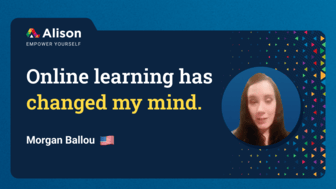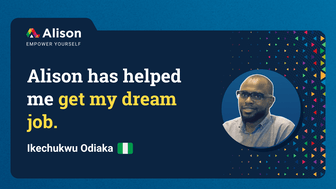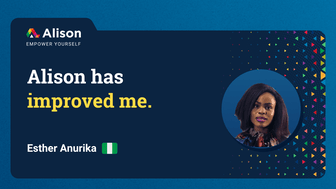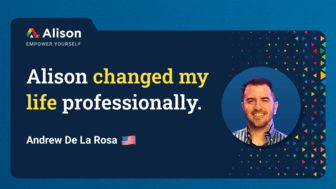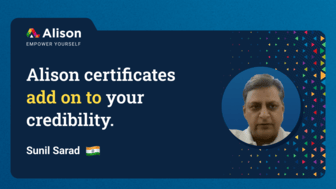What are the best free online courses for financial literacy?
- Practical Lessons on Personal Finance
If you feel like you’re drowning in debt or skid into the end of the month with virtually no money until you get your next salary or wage, this course is for you. It explains some intimidating concepts like investments, saving, budgeting and asset management.
- An Introductory Course on Personal Finance and Credit
Another good course on getting to grips with your income and expenses, and taking them to the next level. Understand ‘good’ and ‘bad’ debt, how to build a high credit rating and how to know if something is a liability rather than an asset.
- Basics of Debt Management
As the saying goes, bad debt steals your future because you are paying in the present for things you bought in the past. See how to have an effective strategy for sorting out your debt once and for all.
What is financial literacy?
Financial literacy is the ability to make sound monetary decisions using budgeting, personal financial management and other available tools and skills. Unfortunately, financial literacy is not often taught in schools, and the pitfalls of credit, debt and poor investments may be realised too late. Many people may also feel too intimidated to ask for help or feel they don’t have enough money to approach a financial advisor for advice. Others are baffled by the world of compound interest, tax-free savings accounts, mortgages, etc.
If you think you are financially illiterate, it is never too late to turn that around. The first step is creating an Alison account and then doing courses on your specific situation. You can do as many as you like. The more knowledge you gather, the less overwhelming your situation will seem, and the sooner you can build more financial stability.
What makes up good financial literacy?
There are generally considered to be five elements that comprise your ability to make sound decisions about your money:
- Earnings - you need to bring in an income or have a livelihood.
- Spending - your income must cover living expenses and debts before spending on luxuries and non-necessities.
- Saving and investing - once your non-negotiable payments are made and before you spend on frivolities, you should try to save some money and contribute - no matter how small - to an investment. Your future self will thank you for harnessing the power of compound interest.
- Protecting - can you legally save on tax by moving your money to a different type of account? Can you protect your mortgage repayment by locking down an interest rate? Wealthy people make these moves to preserve their monetary assets.
- Borrowing - borrowing money is not always bad: few of us have enough funds to buy a house outright to start a business without approaching the bank for a loan. The key is knowing the difference between ‘good’ and ‘bad’ debt.













